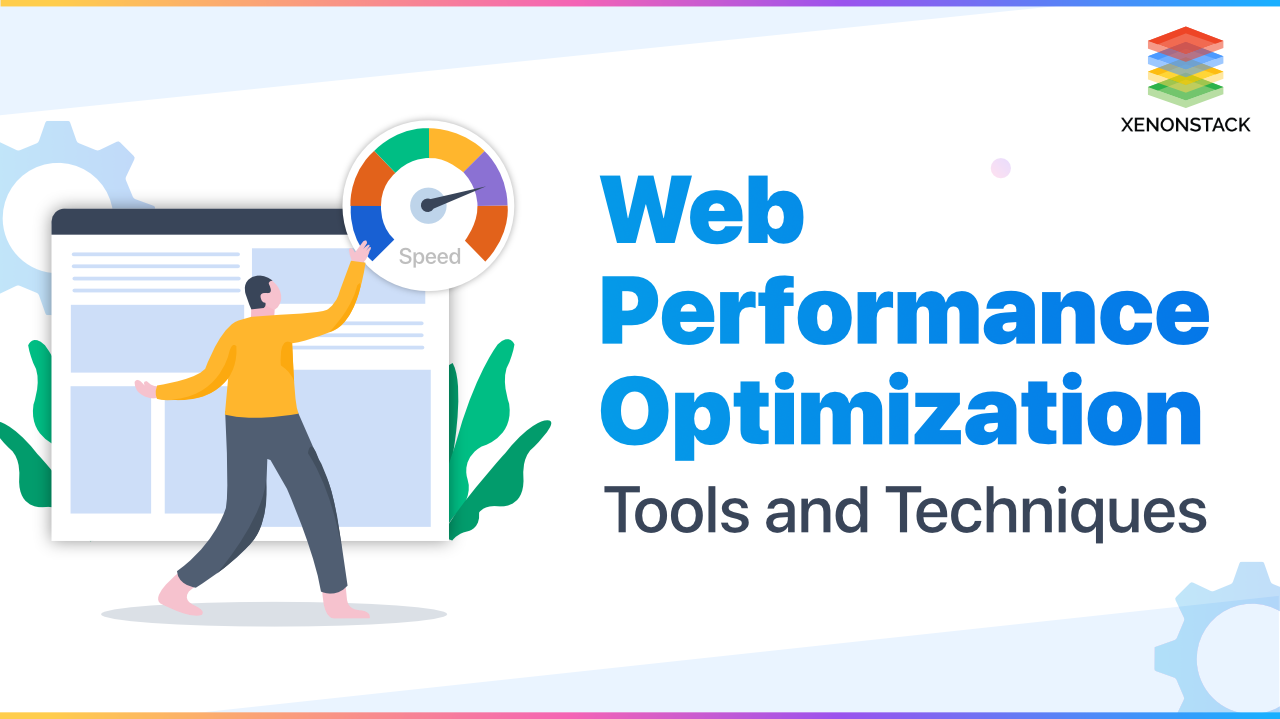Blitz News Digest
Stay updated with the latest trends and insights.
Speed Matters: Why Your Website Can't Afford to Be Slow
Discover why website speed is crucial for success! Unlock higher traffic and better engagement—your slow site is costing you!
The Impact of Website Speed on User Experience and Conversions
Website speed is a critical factor influencing user experience and overall satisfaction on the web. A site that loads quickly enhances user engagement and keeps visitors from bouncing away to competitors. In fact, research indicates that even a one-second delay in page load time can lead to a significant increase in bounce rates, which directly impacts the likelihood of conversions. When users encounter a sluggish website, their patience wears thin, leading to frustration and a diminished perception of the brand. Therefore, optimizing website performance is essential for businesses that want to provide a seamless user experience.
Furthermore, the correlation between website speed and conversions cannot be overstated. Faster loading times result in lower abandonment rates, particularly in e-commerce settings, where every second counts. For example, an improved load time can enhance the chances of users completing transactions, leading to increased sales and revenue. It is essential for website owners to prioritize speed optimization strategies, such as compressing images, leveraging browser caching, and utilizing content delivery networks, to ensure that their sites not only perform well but also drive conversions and foster loyalty among users.

Top 5 Reasons Your Website is Slow and How to Fix It
In today's fast-paced digital world, a slow-loading website can significantly impact user experience and search engine rankings. Here are the top 5 reasons your website is slow:
- Unoptimized Images: High-resolution images can drastically increase loading times. Ensure that your images are compressed and appropriately sized for the web.
- Too Many HTTP Requests: Each element on your page, such as scripts, stylesheets, and images, requires an HTTP request. Limit the number of elements and consider using CSS sprites to minimize requests.
- Heavy Use of Plugins: While plugins can enhance functionality, excessive or poorly coded plugins can slow down your site. Regularly review and remove any plugins that are not essential.
- Lack of Caching: Without proper caching, your website has to load all resources every time a user visits. Implement caching solutions to reduce server load and improve speed.
- Poor Hosting Services: The quality of your hosting provider can greatly affect your website's performance. Upgrading to a better hosting plan or choosing a dedicated server can enhance loading times.
To fix these issues, consider the following strategies:
- Use image optimization tools like TinyPNG or ImageOptim to compress images.
- Minimize the number of plugins and only use those that are essential for your site's functionality.
- Implement caching plugins like W3 Total Cache or WP Super Cache to speed up your site.
- Choose a reputable hosting service that specializes in performance and offers solid uptime.
- Regularly audit your website with tools such as Google PageSpeed Insights to identify additional areas for improvement.
Is Your Website Speed Costing You Customers?
In today's fast-paced digital world, website speed has become a critical factor in user experience and conversion rates. Studies indicate that if your website takes longer than three seconds to load, you could be losing a significant portion of potential customers. A slow website frustrates users, prompting them to click away in search of a faster alternative. Therefore, it’s essential to regularly test and optimize your site’s speed to ensure that you are not unknowingly sacrificing customers to competitors with more efficient sites.
Additionally, website speed impacts your search engine rankings. Search engines like Google prioritize fast-loading websites, meaning if your site lags behind, you may find it hard to compete for top positions in search results. This can result in a vicious cycle: lower rankings lead to less traffic, which can translate into decreased sales. To keep your business thriving, prioritize speed optimization strategies such as minimizing image sizes, leveraging browser caching, and utilizing Content Delivery Networks (CDNs). Investing time and resources into boosting your site’s speed could be the key to retaining and growing your customer base.